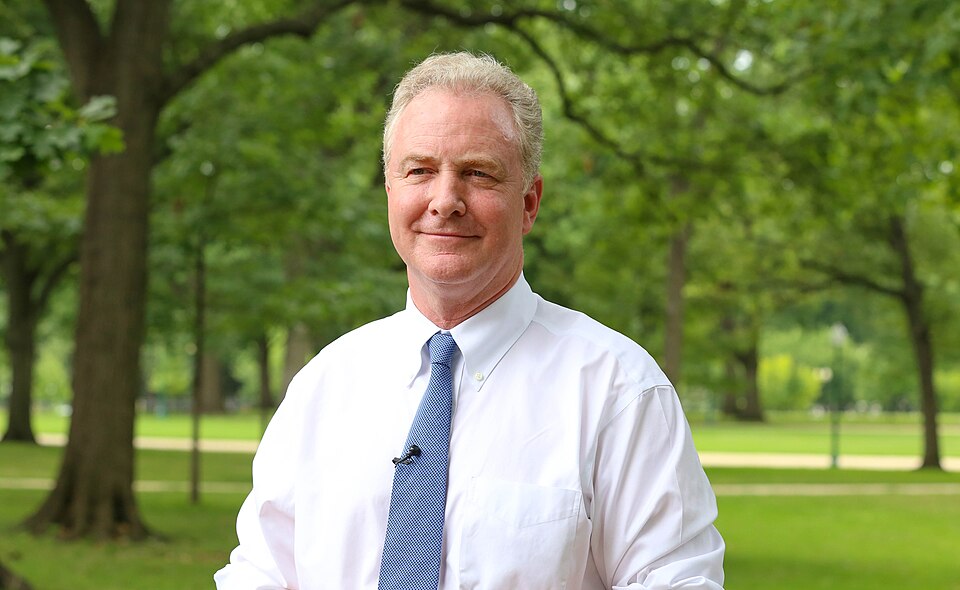
Approximately 20 percent of adults in the US fear that retirement will remain out of reach - with 70 percent of them citing financial affordability as the primary reason.
The survey, conducted by Axios and research group Ipsos, involved 1,238 adults, of which 210 were aged 55 and older, and covered various retirement-related questions.
Among respondents under 55, nearly 44 percent stated they had to revise their retirement plans due to economic circumstances beyond their control, while only 36 percent of those aged 55 and older believed they would be able to retire as originally planned.
A notable percentage of Americans lack confidence that Social Security benefits will cover their expenses during retirement, with 37 percent of non-retired individuals anticipating that Social Security would likely cover less than a quarter of their retirement costs.
Despite the uncertainty regarding retirement affordability, the vast majority of respondents expressed positive expectations regarding retirement. About 63 percent of non-retirees predicted they would feel better upon retirement, and 68 percent of retirees reported that they indeed felt better after retiring.
Regarding financial support during retirement, 54 percent of current retirees rely on pensions as a source of income, while another 50 percent utilize retirement accounts such as 401(k)s or IRAs.
In comparison, 30 percent of non-retired respondents intend to use pensions, and 66 percent plan to rely on retirement accounts.
The feedback from survey participants aligns with various reports indicating that many Americans are not saving enough money to secure a comfortable retirement.
A Vanguard investment firm report revealed that the average balance in its 401(k) accounts decreased by 20 percent, from $141,542 in 2021 to $112,572 in 2022.
The median balance experienced a more significant decline, dropping by 23 percent from the 2021 median to $27,376.
The decline in retirement accounts in 2022 was primarily attributed to the widespread drop in stock and bond markets during the previous year.
However, there was some good news for workers, as markets made gains during the first half of 2023, thereby boosting retirement accounts once again.
Recent data from Fidelity Investments indicated that the average 401(k) and IRA balances had grown by four and five percent, respectively, during the first three months of the year.
Despite market uncertainties in the previous year, nearly a quarter of Vanguard participants saved at least 10 percent of their income for retirement, maintaining an average savings rate of 7.4 percent.
With employer contributions added, the total average contribution rate reached 11.3 percent, according to Vanguard.
Participation rates in 401(k) plans also reached an all-time high last year, with 83 percent of eligible employees taking advantage of these tax-deferred savings accounts offered by their employers. Photo by Andreas Lehner, Wikimedia commons.


































































